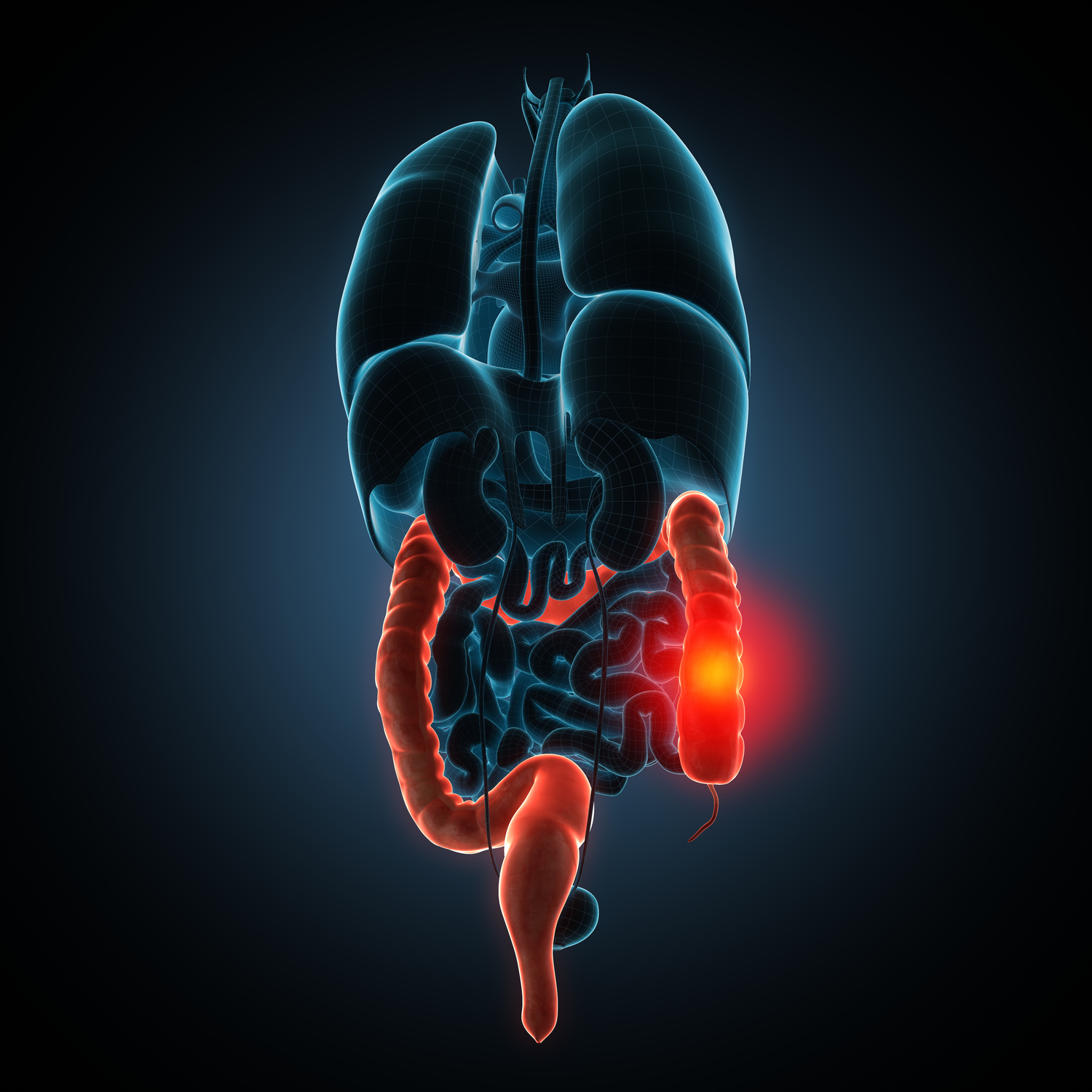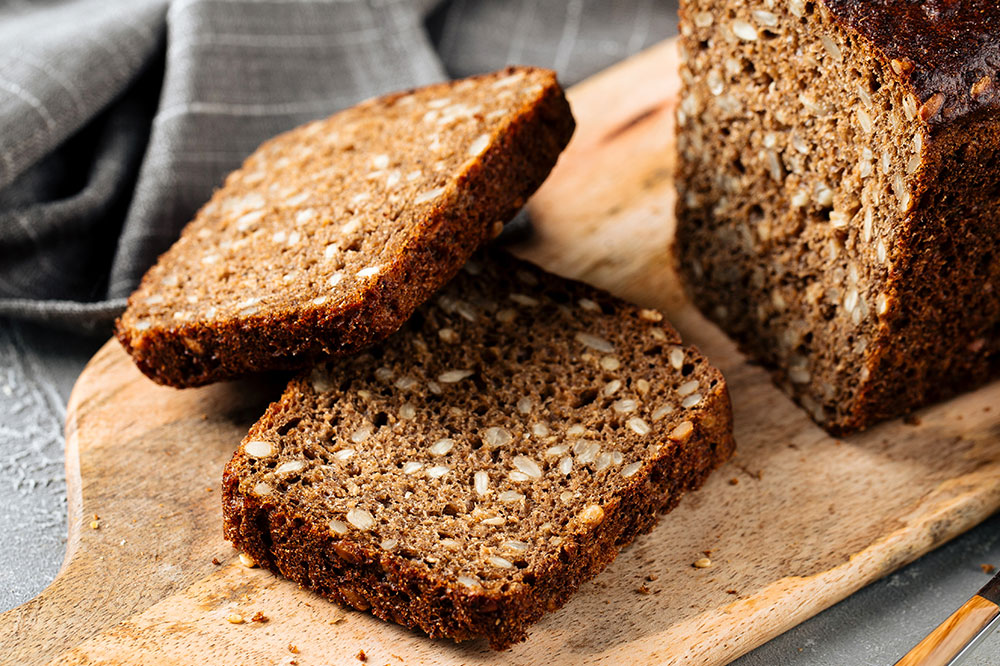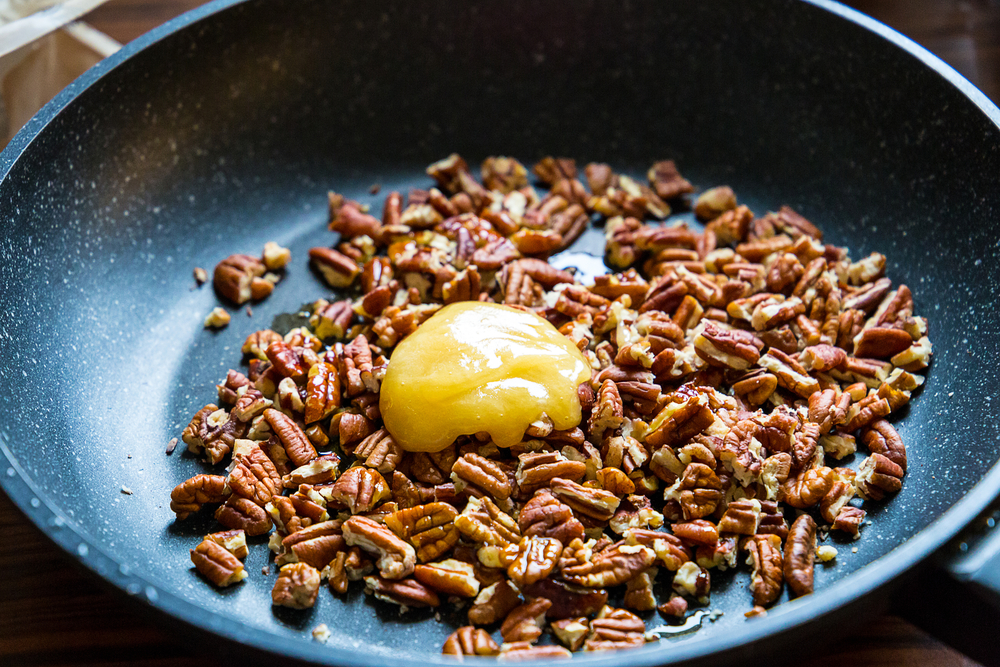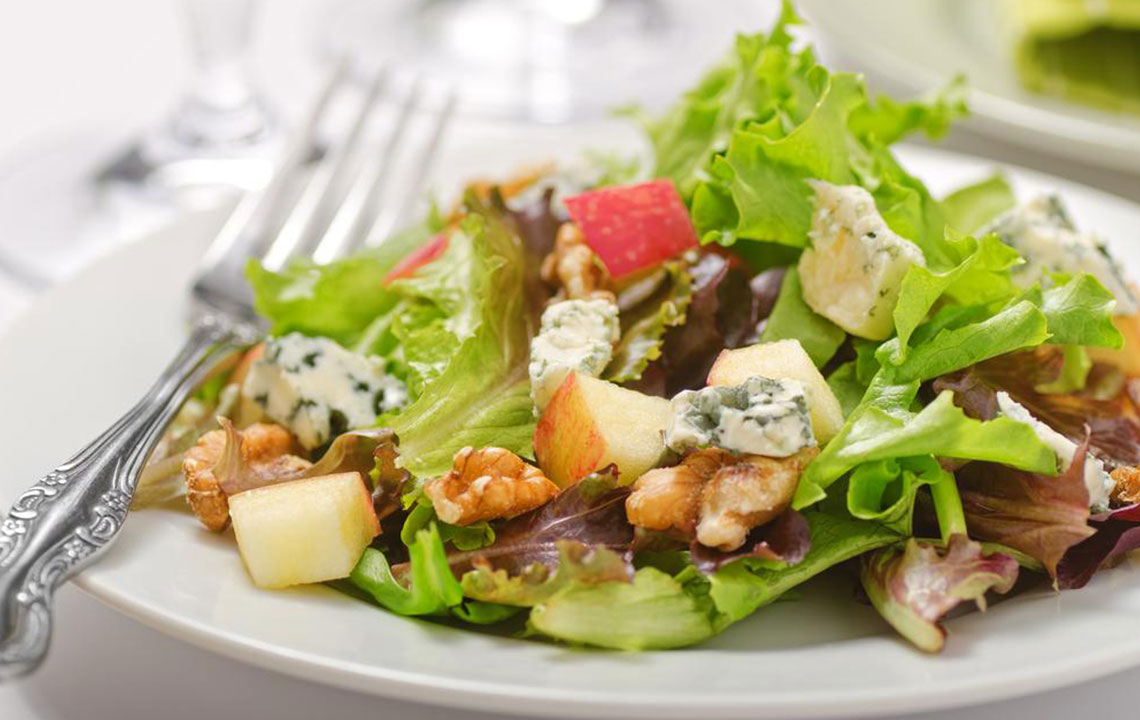Nutritional Tips for Managing Crohn's Disease Symptoms
This article offers practical dietary advice for managing Crohn's disease symptoms. It highlights the benefits of consuming refined grains, oatmeal, low-fiber fruits, properly prepared vegetables, and probiotic-rich yogurt. These food choices help reduce inflammation, ease digestion, and alleviate symptoms like diarrhea and abdominal pain, improving quality of life during flare-ups.
Sponsored
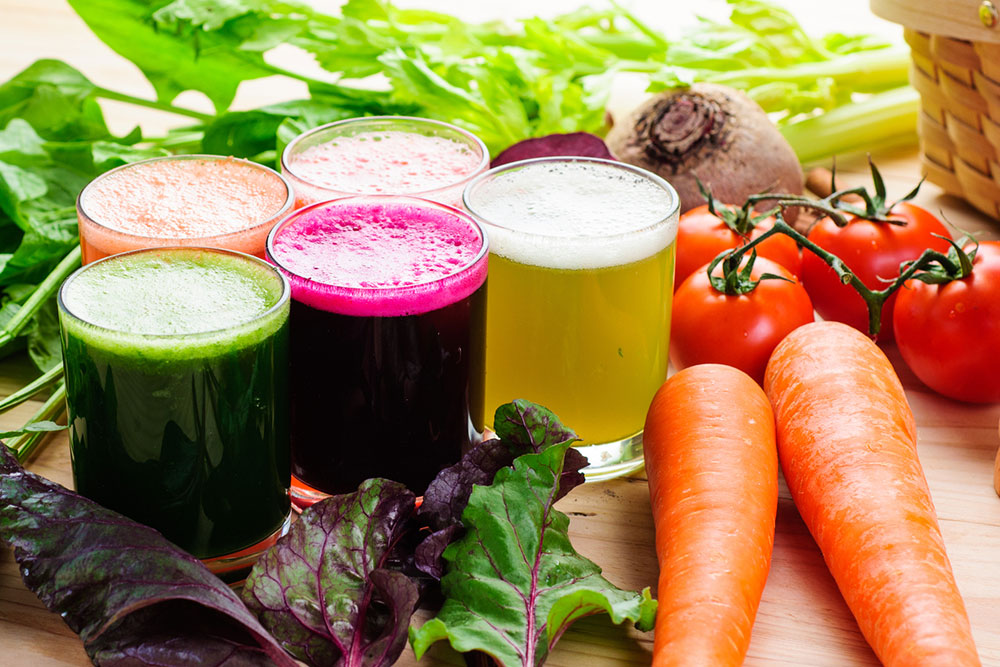
Essential Dietary Choices for Crohn's Disease Management
Crohn’s disease is a long-term condition characterized by inflammation in the digestive system, leading to symptoms such as fatigue, nausea, abdominal discomfort, bloating, and frequent diarrhea. These symptoms can interfere with daily life and overall well-being. Adjusting your diet by choosing suitable foods can significantly help in controlling flare-ups and alleviating discomfort.
Refined Grains
Foods like pasta, white rice, bread, and crackers are easier to digest because they contain less fiber. They are less likely to inflame the gut and pass quickly through the digestive tract, providing comfort during flare-ups.
Examples include rice snacks, waffles, pancakes, white bread, and fortified cereals enriched with essential nutrients.
Oatmeal
Made from rolled or quick oats, oatmeal is a moderate fiber option suitable during Crohn's symptoms. It contains soluble fiber, such as beta-glucan, which helps solidify stool, reduces diarrhea, and absorbs excess water in the intestines.
Incorporate oats into smoothies with peeled, low-fiber fruits.
Fruits Low in Fiber
To minimize digestive stress, opt for low-fiber fruits like bananas, cantaloupe, watermelon, honeydew, and peaches. Smaller servings are recommended during flare-ups to ease digestion.
Peeling and Cooking Fruits
Removing skins or cooking fruits reduces insoluble fiber, making them gentler on the gut. Canned or cooked fruits are typically lower in fiber but should be eaten in moderation due to their sugar content.
Cooked and Peeled Vegetables
Peeling vegetables like carrots, potatoes, and squash reduces insoluble fiber. Cooking methods like steaming or boiling prepare vegetables that are easier to digest. Avoid frying or roasting in fats, as they can irritate the digestive system.
Dairy Products and Yogurt
Yogurt rich in probiotics may help decrease gut inflammation. However, some studies show mixed results regarding probiotic effectiveness. Dairy products provide calcium, and many are fortified with vitamins C and D. Since lactose can cause issues for some, consulting a healthcare provider about cutting lactose may be beneficial.


